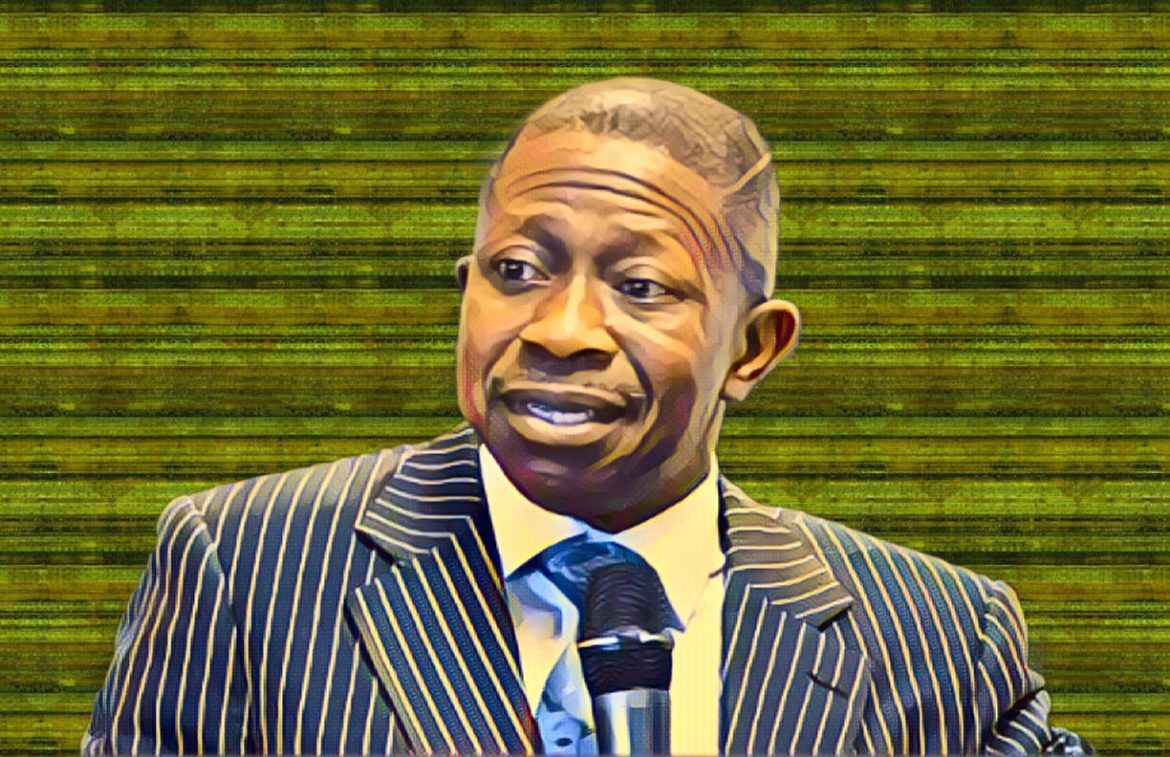Nigeria’s Economic and Financial Crimes Commission (EFCC) is facing a wave of criticism, with planned protests against the agency emerging as a point of contention. The EFCC is alleging that these protests are being orchestrated by disgruntled politicians who are themselves targets of the agency’s anti-corruption investigations.
Civil Society Cuts Ties, EFCC Points Fingers
The EFCC’s claims gained some traction when a major civil society group, the Coalition for Transparency and Economic Reform, publicly distanced itself from the protests. The coalition, comprised of 259 organizations, refuted any involvement in the demonstrations. This development was seized upon by EFCC spokesperson Dele Oyewale, who suggested it exposed the true motives behind the protests.
“The fact that over 250 civil society organizations have publicly disassociated themselves from the protests significantly weakens their legitimacy,” Oyewale said at a press briefing in Abuja. “Their own intelligence reveals a former governor and two ex-ministers as the ringleaders of this movement.”
The EFCC claims to possess its own intelligence on the matter but declined to elaborate. However, Oyewale emphasized that the protests undermine the country’s hard-fought progress in tackling corruption. He urged young people to be wary of being manipulated and used as “cannon fodder” in a cause they don’t fully understand.
EFCC Under Fire: Effectiveness or Targeting?
The EFCC’s claims regarding the protests come amidst heightened scrutiny of the agency itself. Critics accuse the EFCC of bias and targeting political opponents of the current administration. They allege that the agency’s investigations and prosecutions are politically motivated, stifling dissent and undermining democratic processes.
Oyewale, however, maintains that the agency’s activities naturally attract criticism from those implicated in corruption. He suggests that the protests are a sign of the EFCC’s effectiveness.
“If an anti-corruption agency isn’t under some kind of attack, it suggests it’s either ineffective or the public isn’t concerned about what we are doing,” Oyewale remarked. “We understand our work disrupts those with something to hide, and that’s why they want to fight back.”
The EFCC spokesperson concluded by urging the public to be wary of the protests’ true intentions and to critically evaluate the information being circulated. He also appealed to parents and guardians to discourage their children from participating in demonstrations they don’t fully comprehend.
Source: Punch


